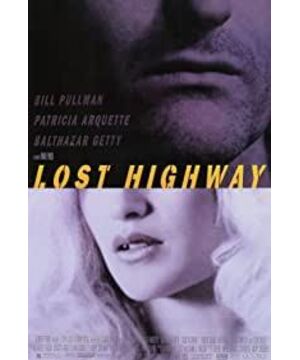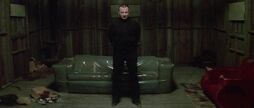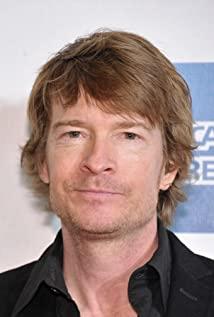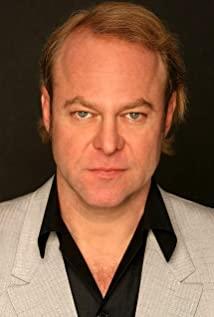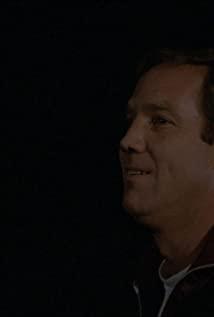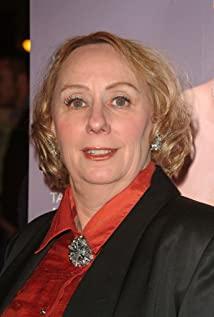Its original name was "Lost highway", an early work by David Lynch. I always confuse the director with David Fincher who did the Seven Deadly Sins and Fight Club.
The film is dimly lit, the camera feels very depressing, the characters and dialogue are ambiguous, the storyline is fragmented, and the music is a mixture of electroacoustic music and jazz that convey a surreal feeling. For a plot lover like me, the biggest pain in watching a film like this is always expecting to find a lurking storyline in the bizarre turns and sporadic dialogue, only to find that what the director wants you to remember may have been Not the story, but the emotion conveyed through the language of the camera and the body language of the actors.
The heroine is a very delicate-looking woman who vaguely resembles a Hollywood actress in the 1930s, and is also charming because of her pair of small vampire fangs. There are several scenes that the director deliberately copied with close-up shots. Worship her eyebrows, her eyes, her red lips, her body. And the worship, pursuit and suspicion of this woman run through the whole story. The male lead is an actor who often plays a supporting role in other films, the only one who remembers him being the lead is in a romantic movie "While you are sleeping" with Sandra Bullock .
The best part of the film is the character setting. One of them was a lanky old man with a pale face and sharp eyes, a bit like Al Pacino, the devil's spokesman. Because he always appears with a handheld camera, it's easy to think that this is the incarnation of the director himself, entering the film to pierce lies and witness the killing.
Another setting is that the film sets a mirror image for the male and female protagonists. As soon as the hero and heroine appeared, they were just a middle-class couple who were separated from each other. But as the plot unfolds, the male protagonist kills his wife, gets convicted, and turns into another completely unrelated car repair boy overnight on death row. A mirror image with exactly the same appearance as the heroine appears.
At the end, I found that these two mirror characters helped the film to solve all the mysteries in the first half of the film in a supernatural way. As the male protagonist pressed the walkie-talkie in front of his house, he finished saying to "himself": "Dick Loren is dead", and drove onto the highway to escape the police. The director starts the pen at the beginning of the film, and then it is covered, and the plot of the film is drawn into a complete circle.
Just like the actor said: I never use a camera, I use my memory to remember everything that happened, it doesn't matter how things are.
It is a journey that interweaves dreams, reality, psychological suggestion, impulsive emotions and fantasies.
The film starts and ends with the same shot. The yellow line in front of the headlights and the road keeps jumping and shortening. The surrounding is endless darkness, and only that little bit of music will hook your soul.
View more about Lost Highway reviews


